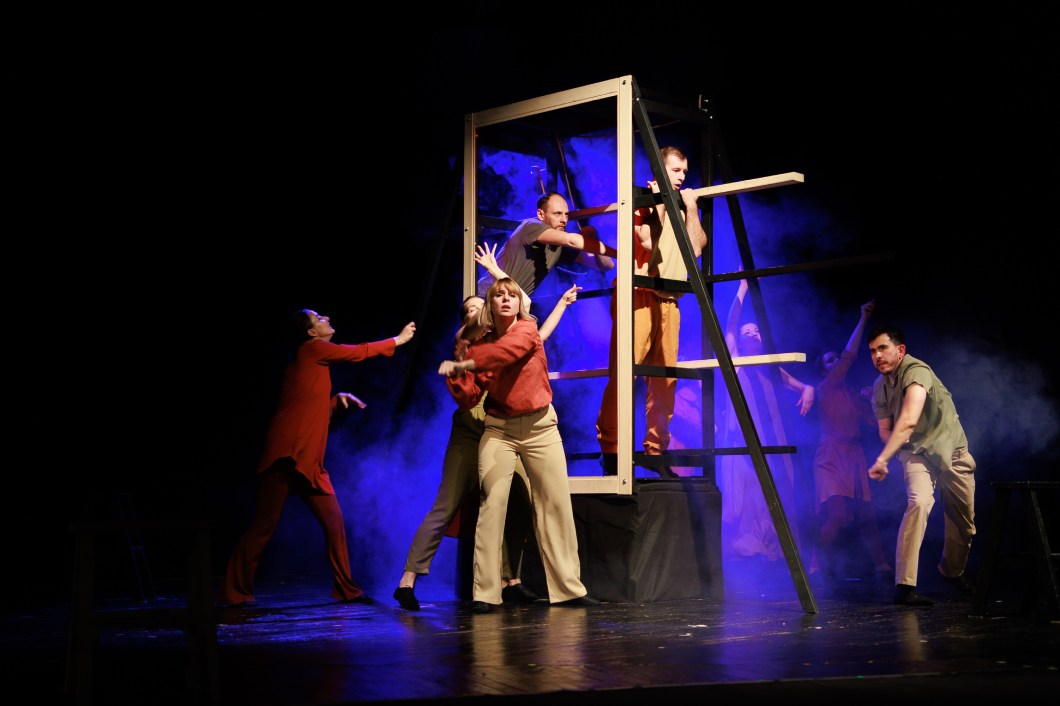Before actors go out on stage to perform, they often wish each other good luck with the idiom, “Break a leg.” But no one actually wants to break their leg or suffer other accidents while on stage. It is very important for directors and theater managers to eliminate safety hazards and ensure no accidents occur during the run of a play. Read on to learn five tips for ensuring safety on the set of a play.
Train Your Employees to Use Equipment Properly
Theater productions often involve complex equipment such as lighting rigs, sound systems, and stage machinery. Properly training staff members to operate these devices is vital to preventing accidents.
Hold regular sessions to familiarize your employees with these tools. By doing so, you will safeguard your team and enhance the efficiency and professionalism of your production.
Check Your Theater’s Rigging System
Rigging plays a major role in entertainment, especially when performing a theater production. To prevent accidents during your play, employ a certified rigging professional to thoroughly check your rigging system and perform maintenance.
They should look for signs of wear and tear, corrosion, or any other potential hazards. A well-maintained rigging system minimizes the risk of unexpected incidents and contributes to the overall safety and success of your play.
Hire a Trustworthy Safety Coordinator
Another good tip for ensuring safety on the set of a play is to hire a trustworthy safety coordinator. This individual should have experience, be reliable, and be well-versed in safety protocols.
Their responsibilities include conducting risk assessments and ensuring compliance with local regulations. By appointing a competent safety coordinator, you can rest assured that safety measures are being diligently implemented and monitored.
Do Test Runs of Evacuation Procedures
Swift and orderly evacuation is crucial in an emergency. Conduct regular test runs of your evacuation procedures to ensure everyone knows what to do and where to go.
Involve the entire cast and crew and provide clear instructions and guidance. Frequent practice will help embed these procedures into muscle memory, reducing panic and confusion during an emergency.
Ensure Your Fire Curtain Works Correctly
A fire curtain is a vital safety feature in any theater. Manufacturers build them to contain and suppress fires on stage. Regularly inspect and test your fire curtain to ensure it functions properly.
This includes checking the curtain’s material for any damage, ensuring the operating mechanism is in good working condition, and verifying that you can deploy it quickly and effectively. A reliable fire curtain not only protects your cast and crew but also provides peace of mind in knowing that you have prepared for unexpected incidents.
Ensuring safety on the set of a play requires diligent planning, regular training, and consistent maintenance. When you take these precautions, you can create a secure environment that allows your cast and crew to focus on staging an outstanding show for your audience.



